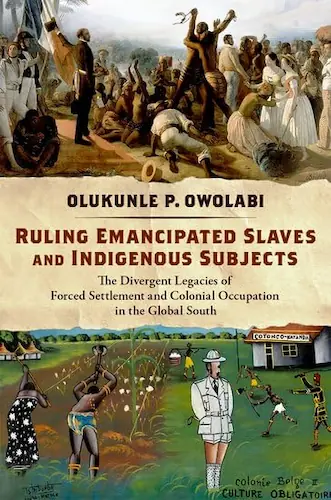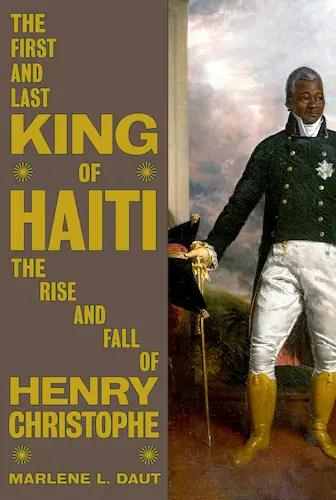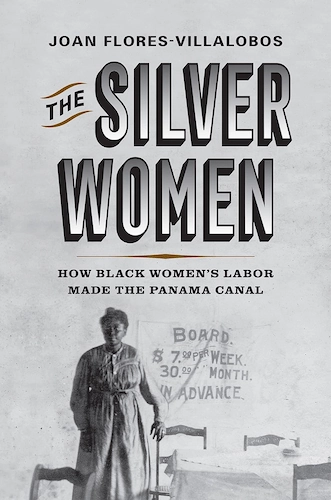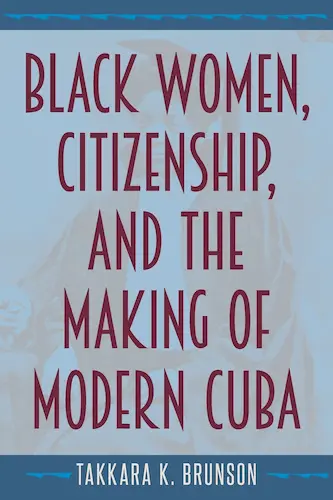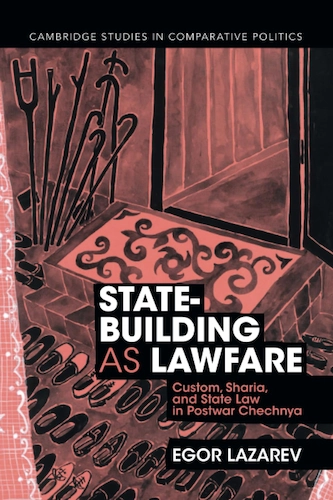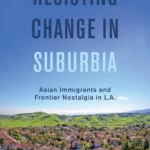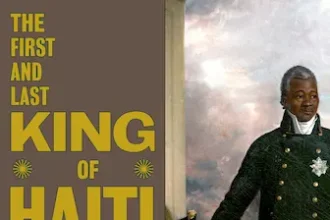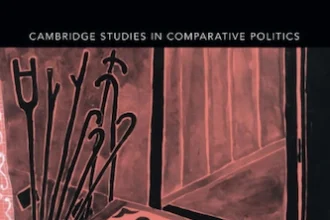The impact of colonialism did not end with independence. In Ruling Emancipated Slaves and Indigenous Subjects, winner of the 2023 Merze Tate – Elinor Ostrom Outstanding Book Award, Olukunle P. Owolabi argues that different colonial governance models left deep and lasting inequalities across the Global South.
Rather than treating colonialism as a uniform system, the book highlights a crucial distinction: forced settlement colonies—where European powers imported enslaved Africans—developed differently from colonial occupation territories, where European rulers controlled indigenous populations.
This distinction, Owolabi argues, explains why some postcolonial nations achieved democracy and development while others remained trapped in authoritarianism and poverty.
The book identifies three key ways in which colonialism shaped modern inequality:
1. The Divide Between Forced Settlement and Colonial Occupation
Owolabi’s central argument is that colonies where enslaved Africans were forcibly settled (e.g., the Caribbean, Cape Verde) followed a different developmental path than those where Europeans ruled over indigenous populations (e.g., much of Africa and South Asia).
Forced settlement colonies eventually received legal reforms that extended European-style rights to emancipated Afro-descendants, while colonial occupation territories maintained repressive legal codes that kept indigenous populations politically and economically marginalized. This foundational divide continues to shape disparities in governance and economic outcomes.
2. The Impact on Education and Democracy
One of the book’s most striking findings is that forced settlement colonies saw higher investments in education and broader political participation after slavery was abolished. Countries like Jamaica, Trinidad, and Cape Verde had access to state-funded schooling and electoral representation much earlier than their counterparts in colonial occupation territories. In contrast, places like Sierra Leone and Guinea-Bissau inherited weak institutions that stunted democratic development. Statistical analysis shows that this early divergence in education and political inclusion remains a key predictor of postcolonial democracy.
3. The Persistence of Inequality After Independence
The final and perhaps most unsettling insight is that colonial-era governance structures continue to influence modern political and economic stability. Colonial occupation territories, where indigenous populations were ruled through authoritarian legal-administrative systems, have struggled with weak state capacity, persistent authoritarianism, and underdevelopment. The book contrasts cases like Cape Verde, which transitioned into a stable democracy, with Guinea-Bissau, where post-independence governance has been plagued by instability. This analysis challenges the common assumption that economic performance and governance failures in the Global South are simply the result of internal mismanagement rather than deep-rooted colonial legacies.
A Must-Read on Colonialism and Inequality
Owolabi’s research provides a groundbreaking framework for understanding why some postcolonial states have thrived while others have struggled. His distinction between forced settlement and colonial occupation offers a powerful lens through which to analyze global inequality. For scholars of political science, history, and international development, Ruling Emancipated Slaves and Indigenous Subjects is an essential work that reshapes our understanding of colonialism’s enduring impact. The book is available here.


